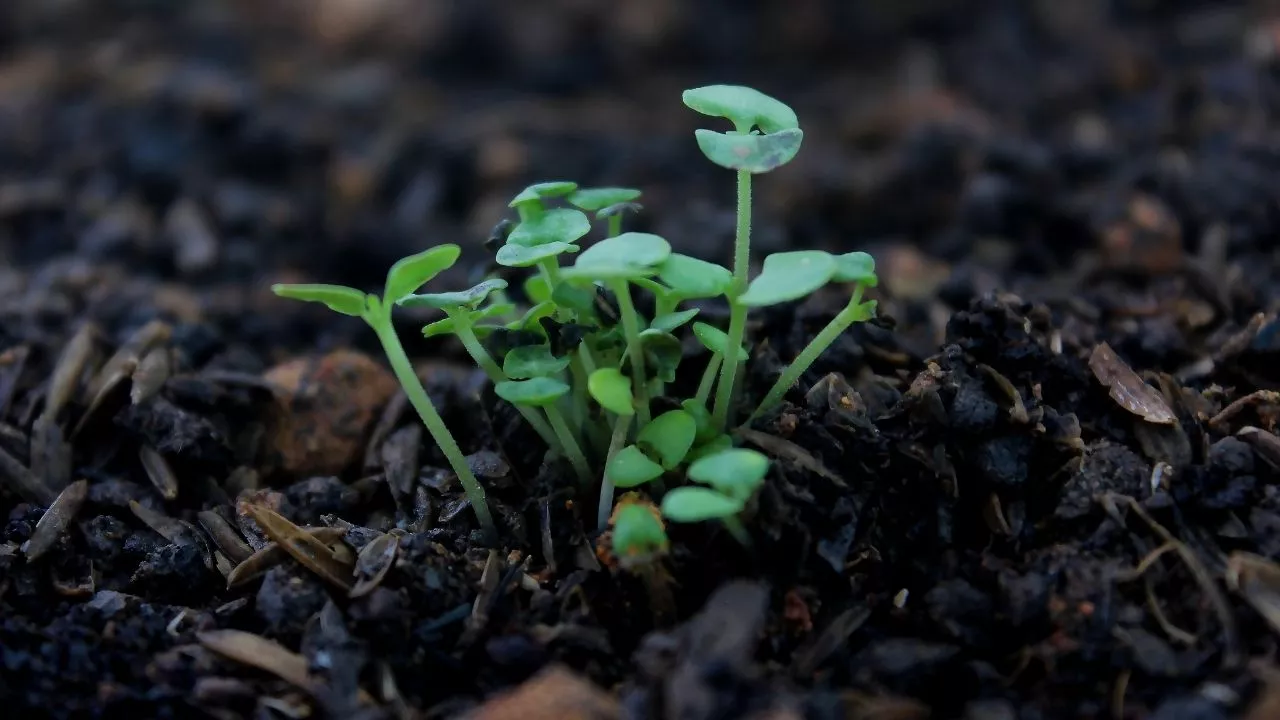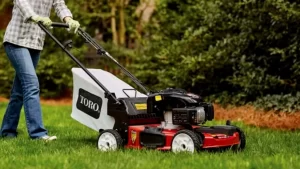Leaf mulch is a natural and organic way to improve the soil in your vegetable garden. So in this article we are talking about leaf mulching good or bad for vegetable garden.
Is leaf mulch good for vegetable gardens? Yes leaf mulch good for vegetable garden. By adding leaf mulch, you are adding organic matter to the soil, which will help to improve the structure and fertility of the soil. Leaf mulch also helps to suppress weeds, and it can help to protect your plants from frost.
What is Leaf mulch?
Leaf mulch is an organic material that is used to cover the soil in a garden. It can be made from leaves that are collected from trees or other plants. The leaves are chopped into small pieces and then spread over the ground. Leaf mulch helps to protect the soil from erosion and it also helps to keep the weeds under control. It can also help to improve the fertility of the soil.
Types of Leaf Mulch
Generally there are three types of leaf mulch enthusiast gardener usage. Likely
1.Shredded leaves Mulching: Shredded leaves are a good choice for vegetable gardens because they break down quickly, which helps to improve the soil’s fertility and tilth. They also help to retain moisture in the soil, which is important for vegetables that need consistent watering.
2.Composted Leaves Mulching: Composted leaves are even better than shredded leaves for improving the soil’s fertility and tilth. They also add beneficial organic matter to the soil, which helps to improve drainage and water retention.
3.Straw Leaf Mulching: Straw is a good choice for vegetable gardens because it breaks down quickly and helps to retain moisture in the soil. It also helps to improve drainage and keep weeds away.
Benefits of Mulch for Vegetable Gardens
Mulching vegetable gardens is a great way to conserve moisture, suppress weeds, and provide nutrients to the plants. There are many different types of mulch that can be used in a garden, but organic mulches such as leaves or compost are the best options. Inorganic mulches such as gravel or plastic can also be used, but they don’t break down like organic mulches do and they can trap moisture, which can lead to fungal diseases.
Organic mulches help to keep the soil cool in the summer and warm in the winter. They also help to retain moisture in the soil, which is important for vegetables that need consistent watering. Weeds cannot grow well in thick layers of mulch, so using a mulch will help to reduce the amount of weeding that needs to be done.
How to Apply Leaf Mulch?
- In order to apply leaf mulch, you’ll first need to collect leaves from your yard or neighborhood. You can either rake them up or blow them into a pile with a leaf blower.
- Once you have a pile of leaves, you can begin applying them to your garden. The best way to do this is by using a shovel or pitchfork to spread them around the garden beds.
- Be sure to cover the entire bed with at least 2 inches of mulch.
- If you have more leaves, you can add more mulch until the desired thickness is achieved.
When To Mulch Your Vegetable Garden
It depends on the type of mulch you are using. For example, if you are using leaves mulching, it’s best to mulch in the fall after the leaves have fallen from the trees. If you are using straw or compost, it’s best to mulch in the spring before planting your vegetables.
No matter when you choose to mulch your vegetable garden, be sure to spread the mulch evenly and cover the entire planting area. You can either use a rake or shovel to do this.
What Is the Best Mulch for Vegetable Gardens?
There are many types of mulch that can be used in vegetable gardens, but not all of them are beneficial. In fact, some can actually do more harm than good.
Leaf mulch is a type of mulch that is made up of fallen leaves. While it may seem like a good option because it’s free, leaf mulch can actually have a negative impact on vegetable gardens. The leaves will decompose and release nitrogen into the soil, which can over-fertilize the plants and lead to lush growth but poor flavor.
Another type of mulch to avoid is black plastic. This type of mulch is often used to suppress weed growth, but it can also prevent water and air from getting to the soil. This can damage the roots of the plants and lead to poor growth or even death.
Mulches to Avoid in Vegetable Gardens
Mulches are a great way to keep your vegetable garden looking tidy and to help the soil retain moisture. However, not all mulches are created equal. Here are some types of mulch you should avoid using in your vegetable garden:
Leaf mulch is one type of mulch you should avoid. When leaves decompose, they release nitrogen into the soil which can be harmful to vegetables. In addition, leaf mulch can harbor pests and diseases.
Another type of mulch to avoid is plastic. Plastic does not allow water or air to penetrate the soil, which can lead to problems with drainage and root growth. In addition, plastic can heat up in the sun and damage plants.
Conclusion
Leaf mulch is a great way to improve the health of your vegetable garden. It helps retain moisture in the soil, prevents weed growth, and provides valuable nutrients to the plants. So if you’re looking for an easy way to make your garden healthier, consider using leaf mulch.
There is a lot of discussion these days about the benefits of leaf mulch for vegetable gardens. Some people swear by it, while others claim that it’s not worth the trouble. So, what’s the truth? Is leaf mulch good for vegetable gardens or not?
The answer to that question depends on who you ask.

